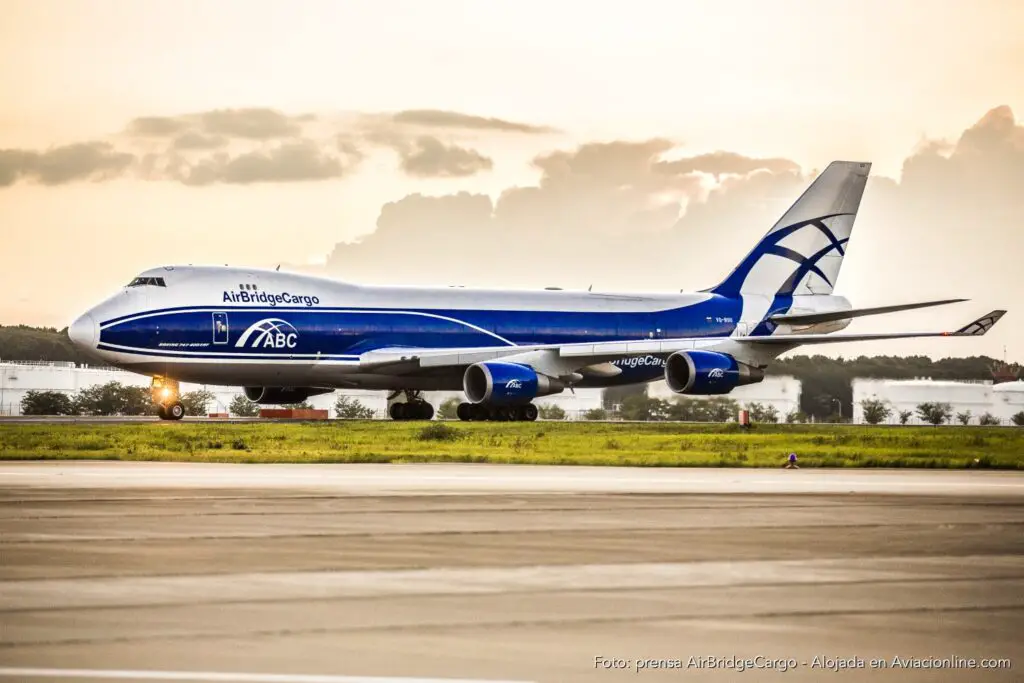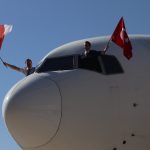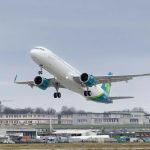AirBridgeCargo, Russia’s largest cargo airline, will resume operations after a year of inactivity, according to a report by RBC newspaper. However, the company will not use its Boeing airplanes, but will instead operate Ilyushin Il-96 aircraft.
See also: Sanctions on Russia: Aeroflot sends aircraft to Iran for maintenance
For the first time, AirBridgeCargo to operate Russian aircraft
The company, based at Moscow-Sheremetyevo International Airport (SVO), had temporarily halted services in 2022 as a result of the closure of international markets for Russian operators and difficulties related to its fleet comprised entirely of US-made aircraft.
AirBridgeCargo will use Russian airplanes for the first time. The four-engine Ilyushin Il-96 was developed during the last years of the Soviet Union and was introduced into commercial service shortly after its dissolution.
[IL-96-400T] Usine VASO. 20/03/2023. Le IL-96-400T, S/n 97693201003, immatriculé RA-96103 sort de l'atelier. Il est au couleur d'ABC (groupe d'entreprises Volga-Dnepr). Il sera soumis à des essais en vol avant livraison. Donc pour le fret.
(c) Noms sur les photos pic.twitter.com/XxCmdsHobr— La souris (@La_souris_DA) March 28, 2023
The impact of sanctions
Following the military invasion of Ukraine in February 2022, both the European Union and the United States imposed heavy sanctions on Russia’s aviation industry. The measures impact domestic companies’ services to other countries, as well as the addition of new aircraft and the marketing of spare parts.
Until the start of the conflict, AirBridgeCargo accounted for more than 40% of the air cargo market in Russia. Its fleet consisted of Boeing 747-400F, 747-8F and 777F aircraft. For this reason, the sanctions particularly affected its business.
In mid-2022, the Russian government announced that it would work to reactivate decommissioned domestically manufactured aircraft. According to RBC, a second Ilyushin Il-96, which is almost 26 years old, is expected to be operational in the near future.
In June, the national administration had approved a comprehensive air transport development programme until 2030 through an official decree. The authorities argued that «in the face of external constraints», the sector’s goal should be «an accelerated transition to national equipment».














